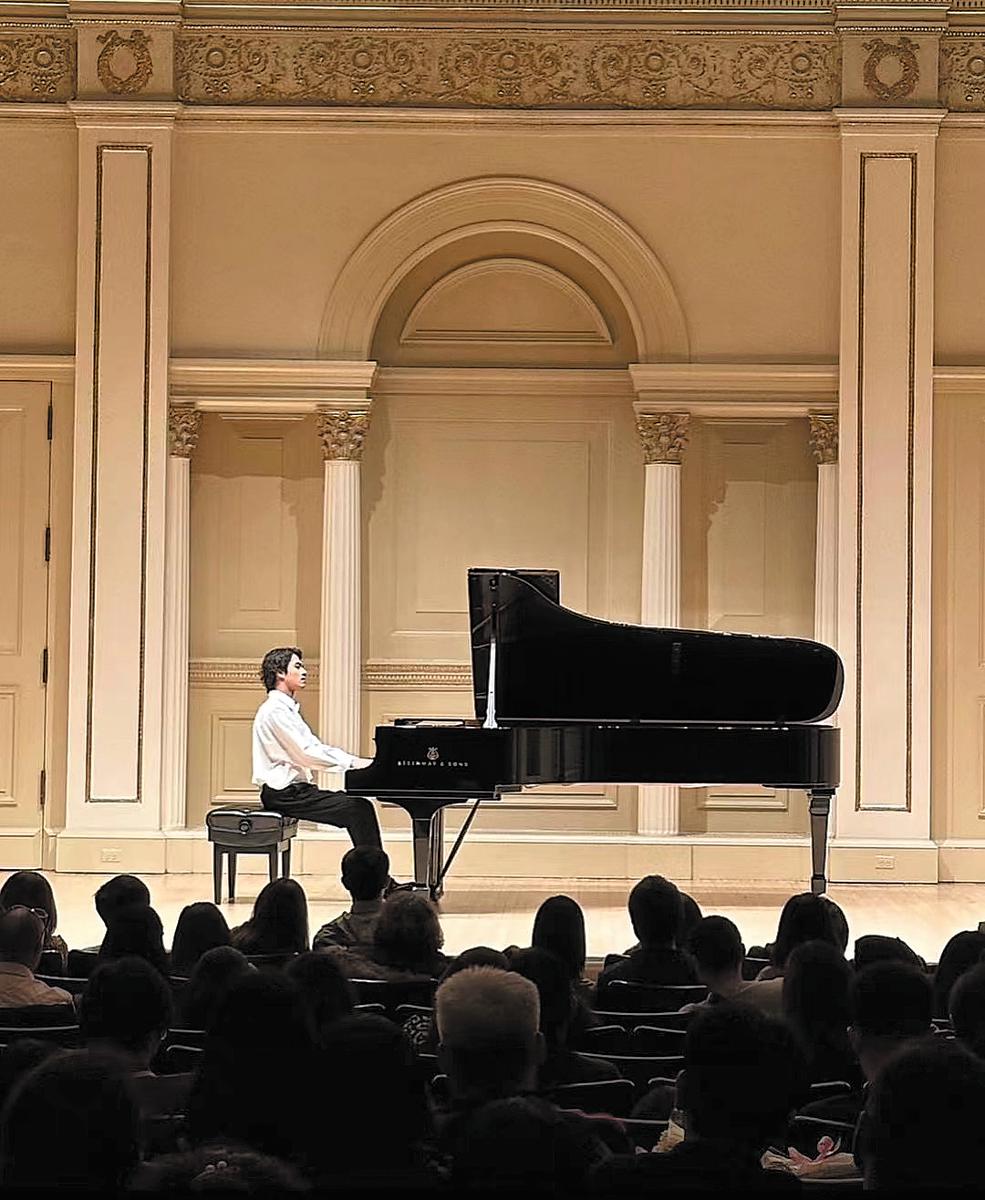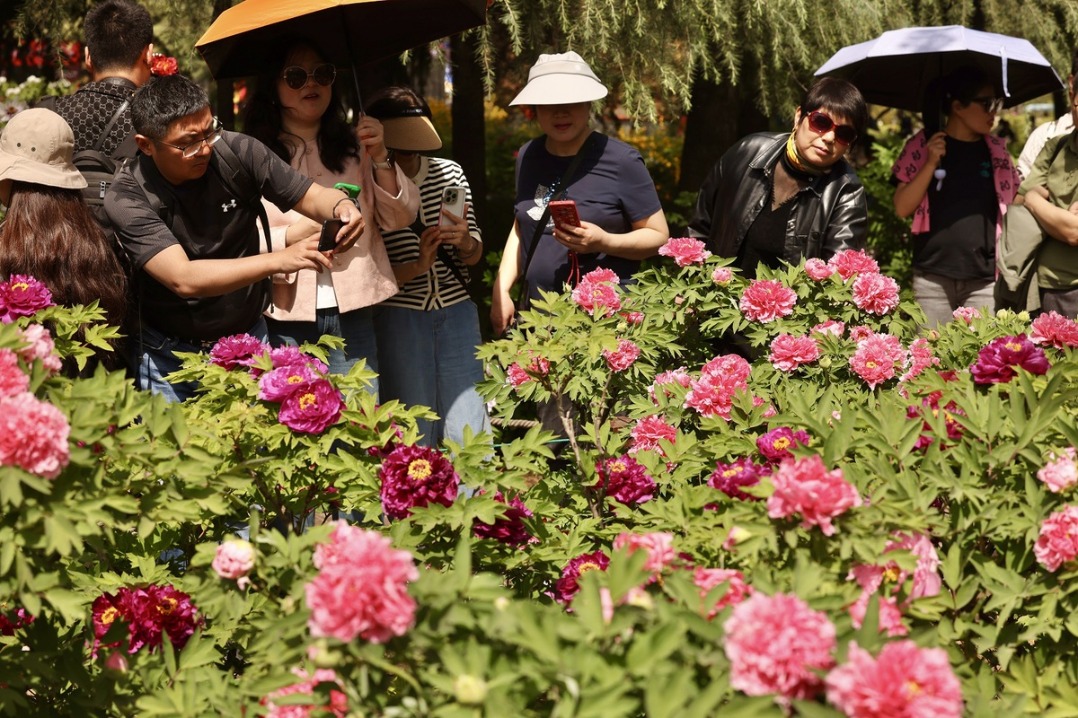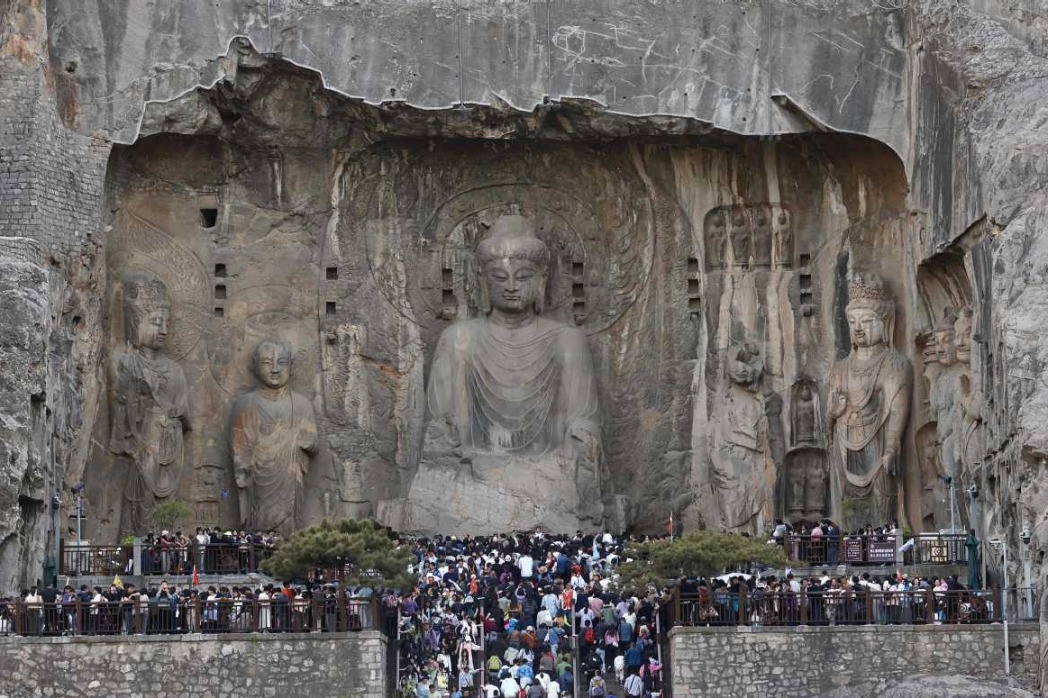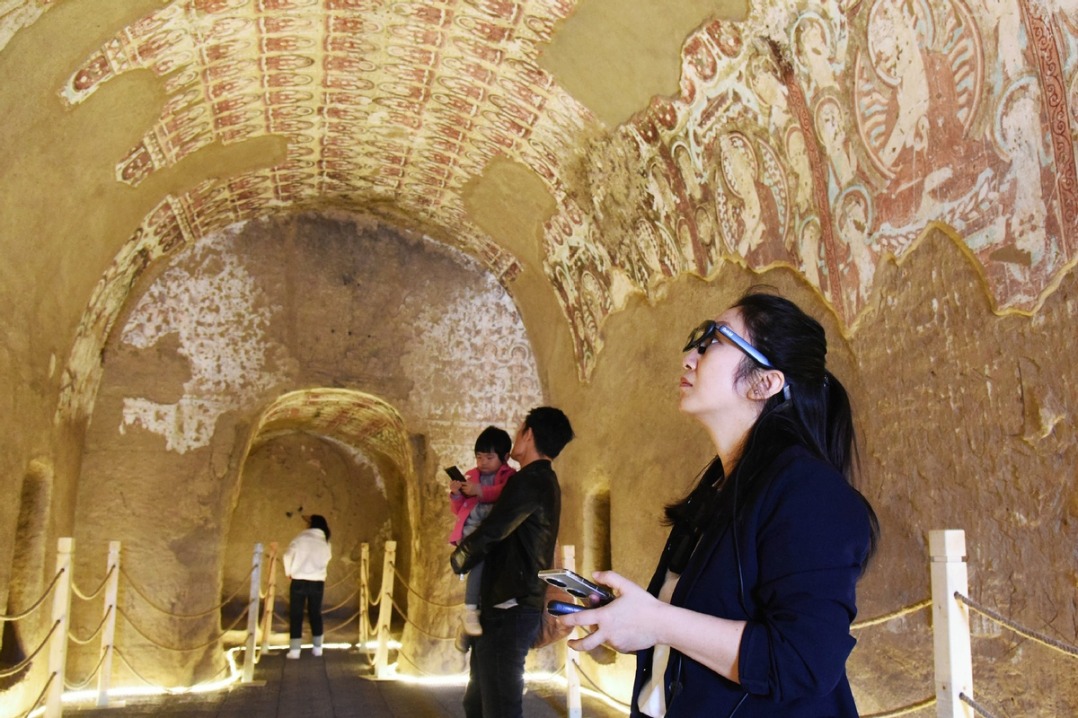Music mavericks set the tone for China's next generation
Classically trained performers modernize, popularize traditional art form


Leaving a legacy
Even though their individual journeys have been different, Cao, Sun and Ruan are each looking to leave behind signposts for the next generation of Chinese musicians.
Ruan's idea of "giving back" defines his next project — a chamber music collaboration with his Curtis classmates from around the world. Together, they plan to adapt Chinese folk songs using classical techniques. The goal is twofold: to introduce classical music to those unfamiliar with it, and to showcase the beauty of Chinese music to international audiences.
"I want my foreign classmates to experience the richness of Chinese music. And I want Chinese audiences to understand that Western music isn't just about technique — it's about heart," Ruan explained.
He has already adapted the folk song Jasmine Flower into a Chopin-style invention and played it in a practice room at Curtis. "My (former) American classmates think it's exotic," he said. "But I remember the melody as if it had grown inside me."
Sun has seen music audiences become younger, as the country invests more in supporting symphonies and building theaters, which has resulted in a reduction in ticket prices.
He has now set his sights on taking classical music to remote areas to tell China's own story.
As the chief conductor at Guizhou Song and Dance Theatre, he conducted the closing ceremony of the 6th West China Convention of Symphony Orchestras in September in Zunyi, one of the country's old revolutionary areas. The well-known symphony Ode to Mountains and Rivers, which celebrates the revolutionary era, was performed.
His latest plan is to establish music troupes in the country's "Porcelain Capital" of Jingdezhen in Jiangxi province, through collaborations between Jingdezhen Vocational University of Art. He believes combining performances and cultural tourism is a winning idea.
Sun's idea for these "mini symphony projects" involves creating an abridged version of Beethoven's symphonies, as well as experimental small-scale chamber music.
"Music is a global language which can blend cultural and tourism elements," he said.
Cao's counsel to young people, based on his own struggles, is straightforward.
"Stop waiting for permission. I nearly wasted years seeking validation from gatekeepers who thought Mozart and Mandopop couldn't mate. Be the genetic engineer," he said.
For young artists in rural China, and around the world, Ruan's advice is also simple.
"Don't feel inferior because of where you come from. Your background will make you special," he said.
"Be kind to people, and luck will come your way. If you succeed, remember to help others. Learning music is not just about technique — it's about expressing yourself. Don't hide in your corner of the world. Go out and see more."
Contact the writers at weiwangyu@chinadaily.com.cn























